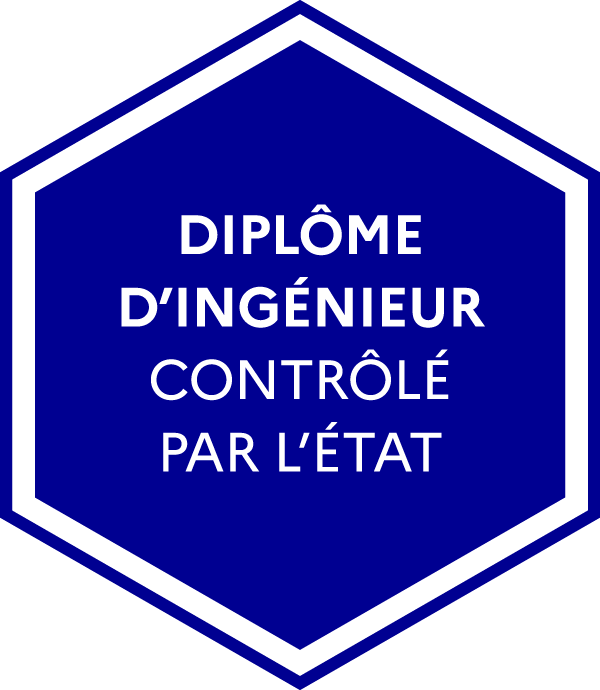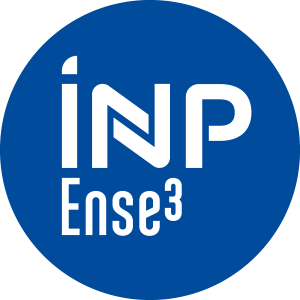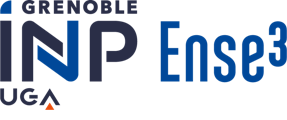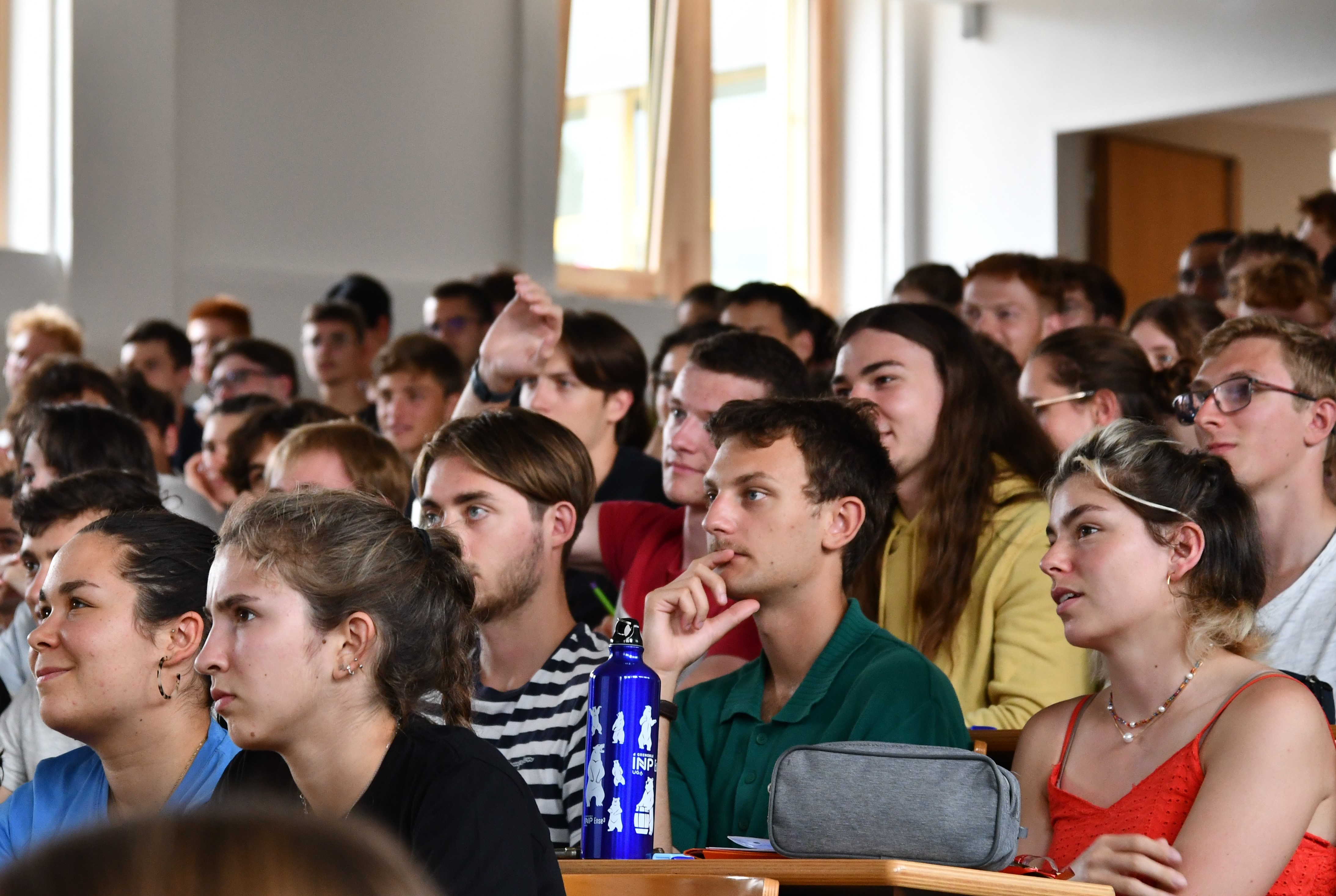Volumes horaires
- CM 28.0
- Projet -
- TD -
- Stage -
- TP 32.0
Crédits ECTS
Crédits ECTS 5.0
Objectif(s)
This teaching unit offers a holistic and concrete vision of buildings and territories. To achieve this, it relies on diverse and complementary stakeholders from research and the socio-economic world. In this module, students examine the tools used by the design offices, both for the design of buildings and for the analysis of energy performance, and then addresses land use planning issues by integrating the network industries (electricity and gas ) with its problems of information systems.
Stephane PLOIX
Contenu(s)
The teaching unit is decomposed into 5 parts.
- Part 1 (Lecture: 12h): Organization of grid industries. It is about understanding the new organization of the electricity and gas markets, the different regulations and the role of each of the actors on the market in a framework of liberalization of the energy markets. The strategies and roles of the different actors will be examined.
Part 2 (Lecture: 8h, Labs: 12h): Energy and habitat. The aim is to contextualize to the building sector the modeling principles of thermo-aeraulic phenomena and to deduce a representation in the form of a state space representation modeling the dynamic behavior of a building. Validation on a numerical calculation tool is proposed as part of a design office.
Part 3 (Lecture: 6h): Real Estate Urbanism and Energy. Real estate and, more generally, urban spaces are the main areas of energy consumption and, increasingly, production: this teaching aims to show how the design of the city and territories shapes the energy systems. The courses will focus on the distribution / harvesting of energy at different scales, the coordination of building masters (building and island, district and city energy networks), territorial energy planning and the dispersed energy storage in s building on theories of networks and innovation. The bioclimatic conception of urban planning and the management of flows (energy, water, mobility) in an eco-neighborhood will be treated as a case study.
Part 4 (Lecture: 6h): Energy diagnosis of building. The principles of the energy audit, with its regulatory aspects, are laid down. An energy audit of a real building is carried out.
Part 5 (Labs: 12h): Information system for energy. It is a teaching delivered in the form of a supervised project that aims to build a tool for simulating the interactions of actors (agents) in an energy market. To achieve this, software tools such as Web Services and relational databases will be used. The resultant of the interactions will be analyzed in a concrete context at the scale of a territory.
PrérequisBasis in thermal engineering
Basis in economics
Basis in Java programming
Session normale / 1st session
Contrôle continu / Continuous assessment (CC) : lab work, personnal work
Contrôle terminal / Final exam (CT) : 2h written exam
Session de rattrapage / 2nd session
Another written exam will replace the first one (CT). No retake for CC.
EN 75% + ER 25%
L'examen existe uniquement en anglais 
Le cours est programmé dans ces filières :
- Cursus ingénieur - Master inter SGB - Semestre 8 (ce cours est donné uniquement en anglais
 )
) - Cursus ingénieur - Ingénieur SEM - Semestre 8 (ce cours est donné uniquement en anglais
 )
)
Code de l'enseignement : 4EUS4HAT
Langue(s) d'enseignement : 
Vous pouvez retrouver ce cours dans la liste de tous les cours.




